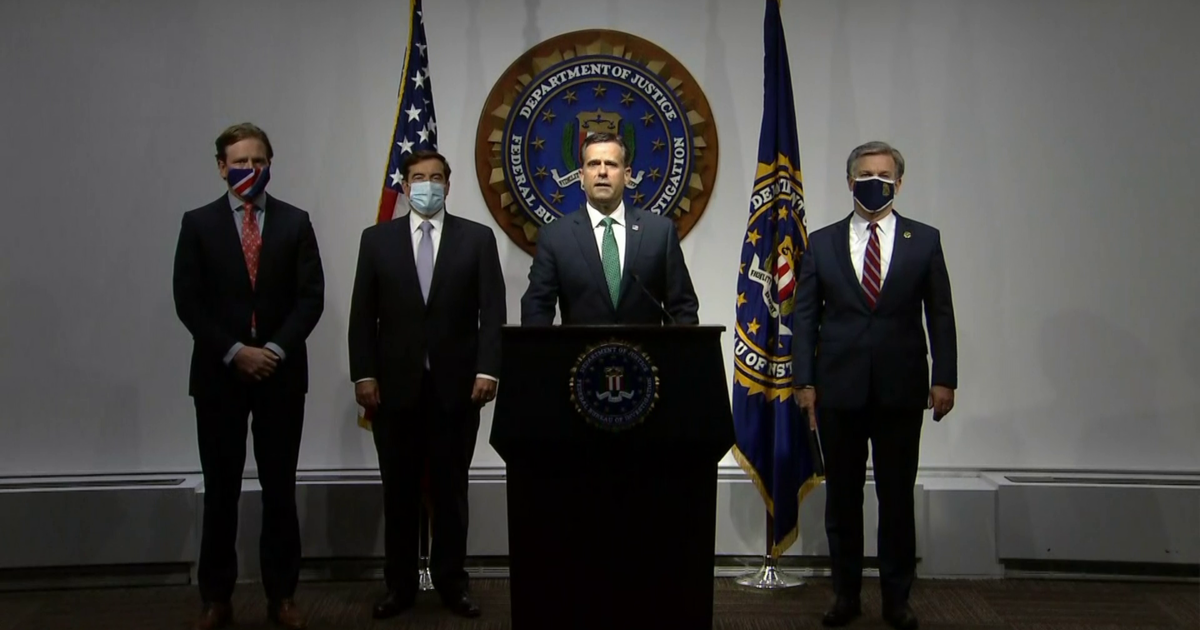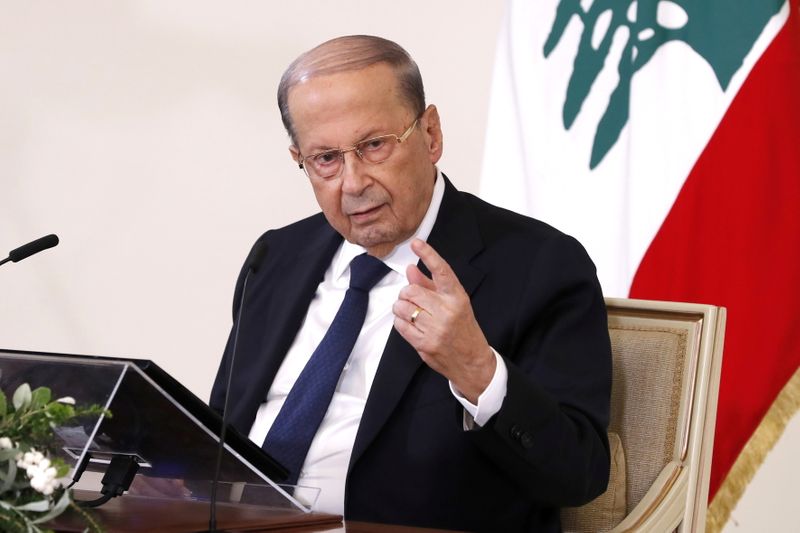
Top intelligence officials announced Wednesday evening that Iran and Russia have taken actions to try to compromise the U.S. election and have obtained some voter registration data.
Director of National Intelligence John Ratcliffe told reporters at a last-minute announcement that Iran had sent spoof emails “designed to intimidate voters, incite social unrest, and damage President Trump.” He suggested that there had been reporting on these emails “within the last 24 hours.”
On Tuesday, CBS News reported that dozens of voters in a heavily Democratic county in Florida and across several states reported receiving emails that purportedly came from a right-wing group that threatened to “come after” them unless they voted for President Trump.
Ratcliffe said Iran had also distributed other video content implying people could cast fraudulent ballots, “even from overseas.” The information in the video is not true, Ratcliffe emphasized, adding that Americans can be assured the election is secure.
“These actions are desperate attempts by desperate adversaries,” he said.
In a statement provided Wednesday to CBS News, a spokesperson for Google said it was among an unspecified number of tech firms that “have seen evidence that an operation linked to Iran sent inauthentic emails to people in the U.S. over the past 24 hours.”
“For Gmail users, our automated spam filters stopped 90% of the approximately 25,000 emails sent,” the statement said, adding that on Wednesday morning the company “removed one video file” from it’s cloud servers and one that had been uploaded to YouTube “with fewer than 30 views, and terminated the associated Google accounts.”
The Google representative said the company had “referred the matter to the FBI and will continue to work with law enforcement and others in the industry to identify and remove any related content.”
Ratcliffe said the intelligence community had not seen Russia take the same actions as Iran, even though Moscow has obtained U.S. voter information as it did in 2016.
“Even if the adversaries pursue further attempts to intimidate… know that our election systems are resilient and you can be confident your votes are secure,” he said, adding that it was “not a partisan issue,” and the U.S. would “not tolerate foreign interference in our elections.”
FBI Director Christopher Wray also sought to reassure the public, saying Americans “should be confident that your vote counts.”
Shortly before their announcement, Senate Intelligence Committee Chairman Marco Rubio and Senate Intelligence Committee Vice Chairman Mark Warner also emphasized that U.S. elections are secure.
“Our adversaries abroad seek to sow chaos and undermine voters’ belief in our democratic institutions, including the election systems and infrastructure that we rely on to record and properly report expressions of the voters’ will. They may seek to target those systems, or simply leave the impression that they have altered or manipulated those systems, in order to undermine their credibility and our confidence in them,” Warner and Rubio warned.
“As we enter the last weeks before the election, we urge every American — including members of the media — to be cautious about believing or spreading unverified, sensational claims related to votes and voting.”
Earlier Wednesday, Clint Watts, a former FBI agent and expert on disinformation at the Foreign Policy Research Institute, spoke with CBS News about why he believed Russia or Iran are behind the emails.
“As soon as I read the messages, I thought it was Iran because of the Saudi server and coming out of the UAE and other places,” Watts said.
Watts said the efforts appear to be an attempt to “incite fear with one-to-one messaging.”
“They’re not trying to get people to vote for Trump,” he said. “They’re trying to scare people.”

